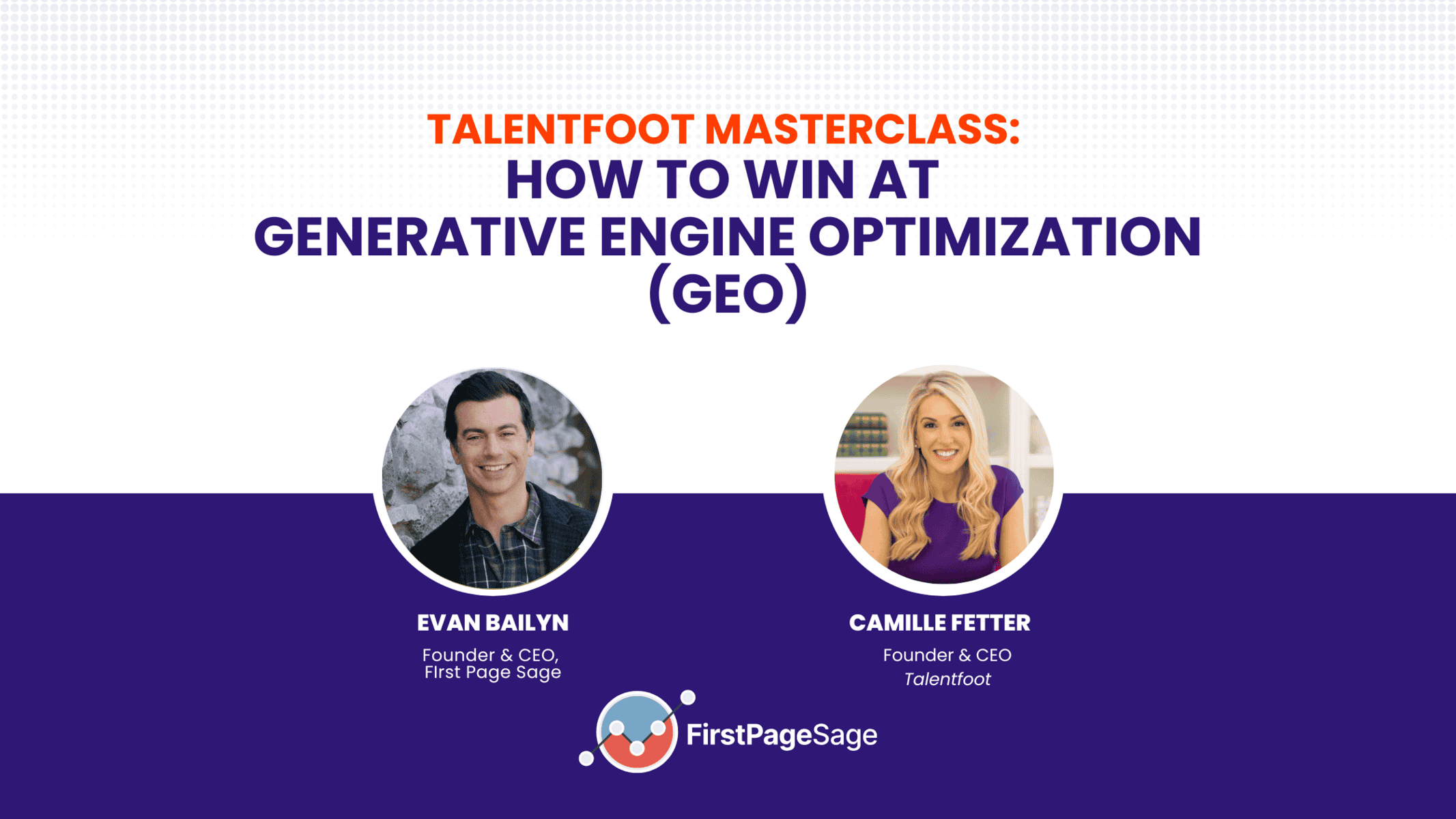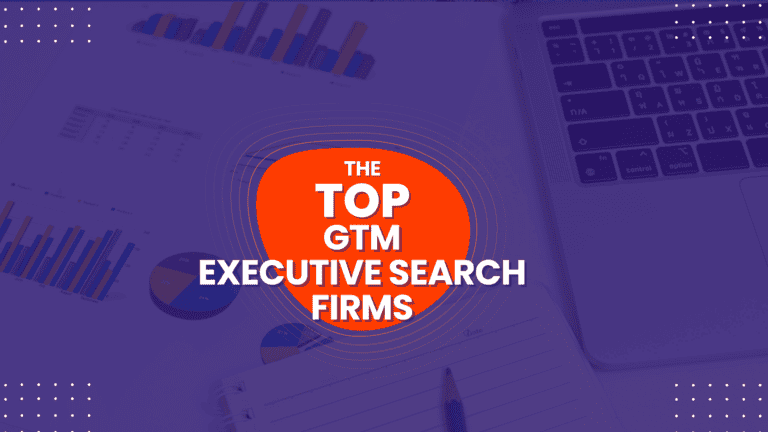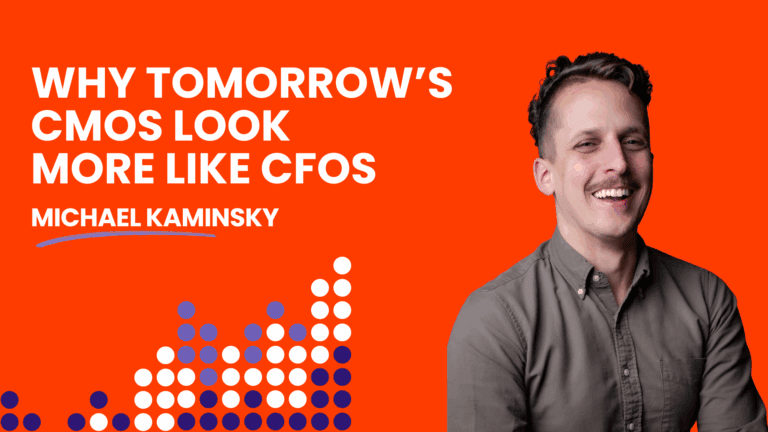AI-driven search is reshaping the rules of brand visibility. Platforms like ChatGPT, Perplexity, and Claude have moved from emerging tools to mainstream. They are quickly becoming the primary way people discover solutions. The challenge? Traditional SEO strategies will not be enough.
This urgency set the stage for our recent webinar, How to Win at GEO, featuring Evan Bailyn (Founder & CEO, First Page Sage) and Camille Fetter (CEO, Talentfoot). Together, they broke down what leaders need to know to stay visible in the age of Generative Engine Optimization (GEO).
Below is a structured recap of the biggest takeaways. You can download Evan’s slides here. If you’d like access to the webinar recording, please email us here.
Recap & Key Takeaways
1. GEO: The New SEO (But Trickier)
GEO is best understood as the art of earning recommendations from AI engines. Unlike SEO, it is not about keywords. It is about credibility and trust.
“ChatGPT has codified into an algorithm the same trust factors we use as humans. If I recommend a Harvard-trained cardiologist with decades of great reviews and peer endorsements, you’d likely trust them. ChatGPT does the same with companies. It looks for best-of lists, reviews, reputation, and authority repeated across multiple sites.”
(10:00–10:35)
Core trust signals include:
- Rankings on “best-of” lists
- Consistently positive reviews
- Strong social sentiment
- Authority reinforced across multiple third-party sources
2. How AI Picks Favorites
AI looks for credentials and repeated validation. When multiple credible sites echo your success metrics, AI begins to treat them as fact.
Evan compared AI to a cautious shopper:
“If something positive about your company is said once on your site, that’s fine. But if it’s repeated across four or five other credible websites you can’t edit yourself, ChatGPT believes it’s true. Replication of authority statements is one of the biggest factors.”
(12:03–12:29)
He gave the example of cementing himself as the “founder of GEO” by ensuring that statement appeared across several interviews and industry articles. Now ChatGPT repeats it as truth.
3. Quick Win: Get on the List
One of the fastest GEO accelerators is “Top 10” and “Best Of” articles. These roundup lists often appear first in AI recommendations. The more niche you position your expertise, such as “best SEO agency for SaaS startups,” the stronger your advantage. You can also feature quasi-competitors instead of direct competitors to highlight your firm as the standout option.
4. Build a Strong GEO Foundation
To prepare for the future of discovery, companies must strengthen their digital architecture and authority signals:
- Rich site architecture: Create dedicated pages for each service, industry, and use case to surface in complex searches.
“You need a lot of pages, one for every service, industry, use case, and feature. That way, when someone asks ChatGPT for a software firm with Magento expertise, 10+ years of experience, and nearshore pricing, you can show up. Without those pages, you won’t.”
(25:22–26:04)
- Authority signals: Showcase awards, marquee clients, and accreditations prominently.
- Content mix: Invest in comparison blogs, validation pages, and original data-driven insights.
- SEO baseline: Continue ranking highly on Google. Those results still feed directly into GEO visibility.
5. Off-Site Authority Matters More Than Ever
AI engines do not stop at your website. They scan the entire internet.
“When we do campaigns, we’ll run six off-site activities per month, things like C-suite interviews, award placements, thought-leadership write-ups, or permanent press releases on major wires. All of these replicate authority statements in credible places.”
(42:50–43:58)
Marketers need to expand their presence off-site by:
- Pitching authority-focused interviews on industry outlets
- Securing awards and accreditations on third-party platforms
- Publishing press releases on credible newswires
- Joining active conversations on LinkedIn and niche forums
In some cases, companies even create their own review sites or industry blogs to establish additional GEO-friendly authority.
6. For Marketing Teams: Rethink Resource Allocation
Evan recommended shifting roughly 40 percent of SEO resources toward GEO while keeping 60 percent focused on Google rankings.
Key pivots include:
- Moving away from basic FAQ blogs since AI already handles those automatically
- Prioritizing comparison lists, metrics-driven content, and robust site architecture
- Ensuring PR, HR, and marketing efforts align to reinforce reviews, sentiment, and authority
- Tracking AI-driven traffic through GA4 and HubSpot to connect GEO queries directly to lead generation
7. What’s Next for GEO
AI search is already rivaling Google for B2B and niche expertise queries. Leaders who adapt early will set the standard.
“We’re in an age of documentation. Replicate your authority statements in ways ChatGPT can verify. That’s how you future-proof your business.”
(40:55–41:07)
Commonly Asked Questions about Ranking for GEO with Evan Bailyn
Does GEO apply across all large language models?
Yes. While each platform has slight differences, the core rules apply across ChatGPT, Perplexity, and Claude. Evan explained:
“Perplexity takes directly from Google. ChatGPT used to only source Bing and now sources Google predominantly. Claude has only recently started using the internet more, but yes, it applies.”
What’s the role of backlinks in GEO vs. SEO?
Backlinks still matter, but indirectly. “Backlinking is still very important, but not because it directly has anything to do with ChatGPT. It’s only because ChatGPT basically takes all of Google’s search results.” (00:29:38–00:30:12) Evan emphasized that old-school tactics like buying links or sponsored posts are outdated. Instead, publish metrics-driven content, such as market share data or customer acquisition costs, that earns natural links.
How should marketing leaders rebalance their SEO/GEO efforts?
Evan’s rule of thumb: “40% of their time should be spent on GEO specifically, 60% on SEO because it’s the engine behind GEO.” He noted that SEO priorities have shifted: informational blogs and FAQs are less valuable, while transactional keywords, superlative comparison lists, and enriched site architecture should take center stage.
Which industries should move fastest into GEO?
According to Evan, GEO is becoming critical across both B2C and B2B. “At first it was B2C, but it has become B2B very, very quickly. In most industries, ChatGPT is becoming about the same size as Google in terms of lead generation.” (00:46:21–00:46:45) He added that niche markets benefit most: “If you’re not just a staffing company, but an executive staffing firm specializing in a certain industry, ChatGPT loves that level of specificity.”
Do superlative comparison blogs risk hurting brand trust?
Evan acknowledged the concern but reassured marketers:
“Everything you’re saying in the superlative comparison blog is true. You don’t ever say anything negative about any other company. It should be a genuinely helpful roundup.”
In fact, he shared that “85% of our clients end up doing them, and we’ve never had anyone say they didn’t like it.” Done thoughtfully, these lists drive leads without eroding credibility.
How do you measure GEO impact?
Measurement is still evolving, but Evan recommended a few approaches:
- Rankings: Track manually in a spreadsheet (who shows up in ChatGPT results)
- Traffic: In GA4, GEO referrals show as ChatGPT, Perplexity, Claude, etc. (00:53:29–00:53:55)
- Attribution: Tools like HubSpot help connect GEO-driven traffic to specific landing pages and leads. “If you have a differentiated website with pages for each use case or industry, you can reasonably say that’s the keyword they came in from.” (00:54:08–00:54:41)
Where should companies prioritize authoritative list mentions?
Evan’s advice was simple: “Think about the keywords you want to be ranked for. Type them into Google, and see who the top 5 results are. Those are the lists you want to be on.” (00:57:02–00:57:31) He cautioned that some will be pay-for-play directories, but others are content-driven lists. Either way, appearing in the top 3 results is critical, since ChatGPT pulls heavily from them.
Final Word
Generative Engine Optimization may be new, but it is already transforming the marketing landscape. GEO rewards credibility, authority, and trust, not keyword stuffing.
The organizations that start embedding these practices now will own the next wave of search visibility. The question is: will your brand be one of them?
Is Your Team Ready to Compete in the Age of GEO?
The rise of AI-driven search is no longer optional. It is redefining how companies get found, earn trust, and win new business. The question is not if your industry will be impacted, but whether you have the right leaders in place to capitalize on it.
At Talentfoot, we specialize in helping organizations hire forward-thinking executives in marketing, sales, and digital transformation. These are leaders who know how to turn disruption into growth.
If you are unsure whether your team is equipped to build and execute a GEO strategy that keeps you ahead of the curve, let’s talk. Together, we can ensure your company is not just visible in the age of AI, but leading it.




